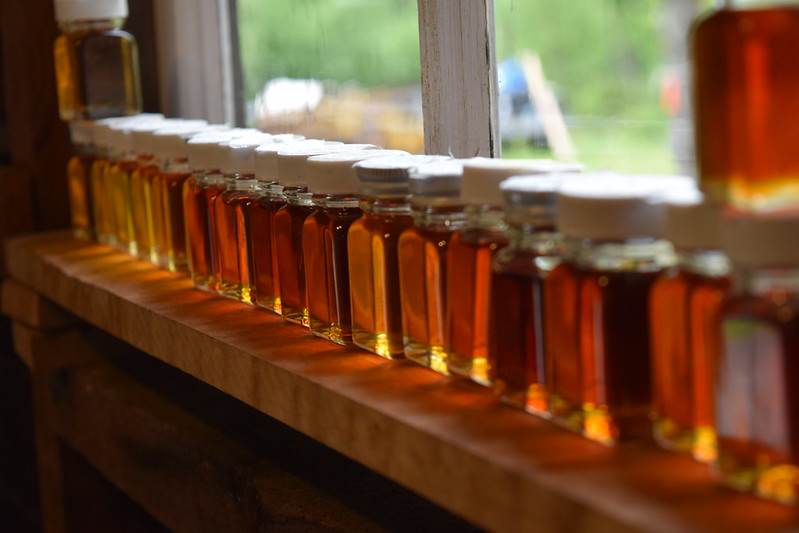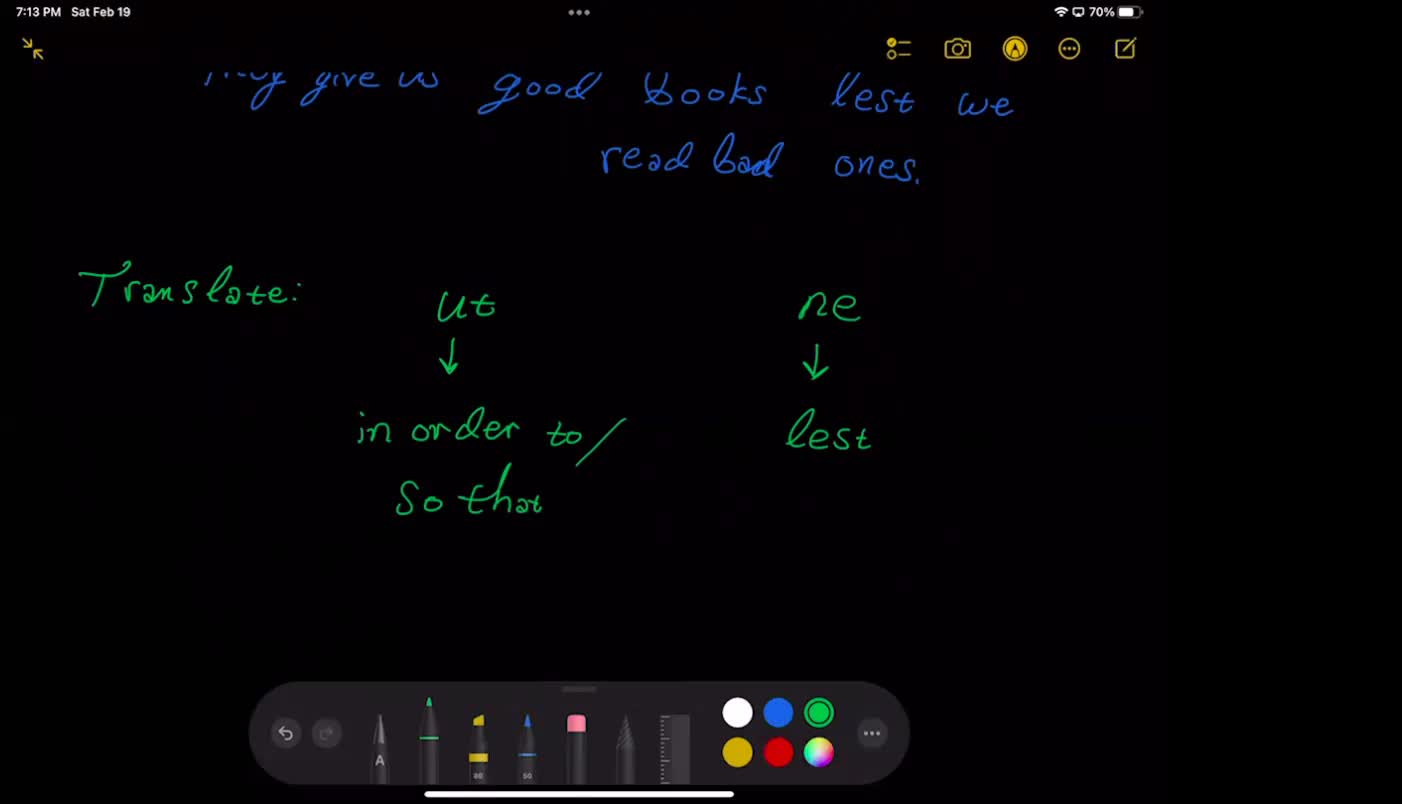
Tree-of-Heaven Community Science: Using the Map and Submitting a Report
This is the second training video for FEMC's community science project. 0:00-2:40- Identifying a Parcel to Visit 2:40-6:20- Submitting a Report (Did Find Tree-of-Heaven) 6:20-8:47- Submitting a Report (Didn't Find Tree-of-Heaven)

Reports of above average syrup production have been common across Vermont in 2020. Sugar makers report excellent quality syrup being produced throughout the season. In general, March was slightly above average for temperature and April was below a...

Innovative Ways to Sell Agricultural Products Direct to Consumers
The evolving pandemic has brought to light the importance of promoting agri-food products in local markets, purchasing locally sourced supplies, and selling direct to consumers. Join French-speaking partners (southern Quebec, Eastern Ontario and t...

Valorisation de circuits courts, par la Francophonie « Des options originales pour acheter local!
Le contexte pandémie en évolution a mis en lumière l’importance de valoriser les produits agroalimentaires sur les marchés locaux, de s’approvisionner localement, de commercialiser en circuits courts. À travers cette conférence, donnée en collabor...

Sugar makers and community members alike have noticed a large number of sugar maple seedlings this spring. These first year trees were the result of a large seed year in 2019. Sugar maples begin producing seed when they are about 40 years old or 8...

Diatomaceous Earth (DE) Filtering
Just as the sugars found in sap become concentrated during boiling, so too are the naturally occurring minerals found in sap. As the concentration of minerals increases in the sap, it approaches, then exceeds the point of saturation. When that hap...

As trees form, the size and shape of its stem and crown, will be impacted by living in a low light environment such as the forest's understory. So-called suppressed trees are able to capture just enough sun to survive. Sugar maples growing in the ...

All green plants, which includes trees, need sunlight to produce energy for survival. Some trees can satisfy their basic needs with less light than others. Sugar and red maples are two examples of such trees. They are both considered shade-toleran...
